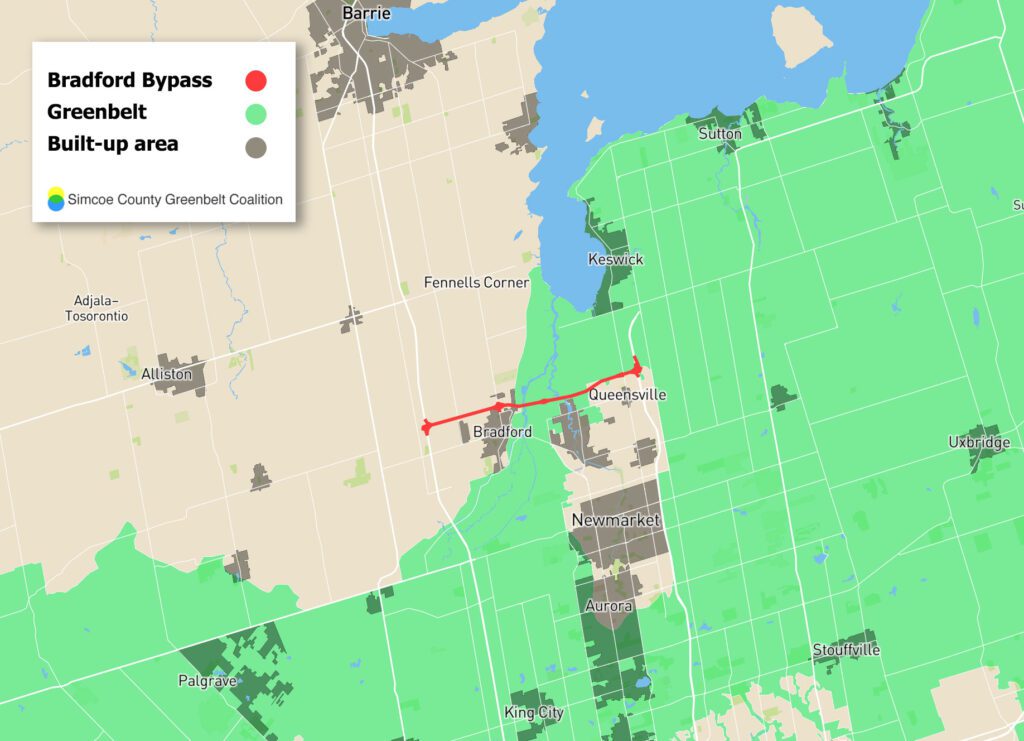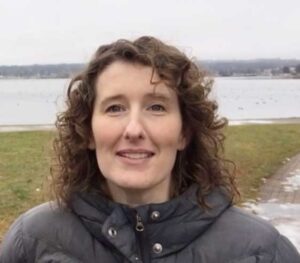Greenwashing - the marketing practice increasingly used by political leaders.
From the never-ending string of promises to address climate change (almost all broken) to climate emergency declarations made and then nothing done, politicians, it seems, are telling people what they want to hear in order to get support, but delivering a very different product.
Introduction
This episode we talk about greenwashing, the practice of presenting a product in a way that makes it seem to consumers as if it is environmentally friendly, when in fact it is not.
Greenwashing is most often thought of in terms of marketing a product. In a time when political discourse is increasingly branded and marketed, however, and when the action required to address environmental problems is increasingly at odds with what politicians seem willing or able to do, greenwashing is becoming a concern in the political sphere, too.
From the never-ending string of promises to address climate change (almost all broken) to climate emergency declarations made and then nothing done, politicians, it seems, are telling people what they want to hear in order to get support, but delivering a very different product.
Greenwashing is increasingly being used by politicians and governments to fool the public.
So, why aren’t they following through and why do we keep voting for them? Listen to find out!
Show links
- ClientEarth – The Greenwashing Files. An analysis, together with DeSmog, of corporate doublespeak on the environment.
- The Pointer – PC ‘greenwashing’ makes climate change worse.
- Global Citizen – Greenwashing: what is it and how to avoid it?
- Forge – Prepare For the Ultimate Gaslighting (one of the best articles of the past year in Adam’s opinion).
The fashion industry is a huge contributor to the climate-and ecological emergency, not to mention its impact on the countless workers and communities who are being exploited around the world in order for some to enjoy fast fashion that many treat as disposables. 1/3 pic.twitter.com/pZirCE1uci
— Greta Thunberg (@GretaThunberg) August 8, 2021
Inch Farm Wetland: a local example of how claims of environmental leadership are often less than they appear
A few weeks ago we were contact by Master Naturalist, Bob Bowles, who told us that a wetland had been destroyed with little knowledge of elected representatives.
Our photo essay of the afternoon we spent walking the site with him is below. We’re including it here as the City of Orillia seems to try hard to present itself as forward thinking when it comes to the environment, but, as is often the case, reality challenges this claim.
The Inch Farm Wetland, which is the headwaters of Silver Creek, is on the north west border of Orillia, just north of the Walmart.

A couple of years ago the wetland here was cleared to make way for a four to six lane road, as well as residential and a business park development.
Layering on Silver Creek and other streams, you can see how destroying just a small portion of an ecosystem can have an impact that is much more widely felt.
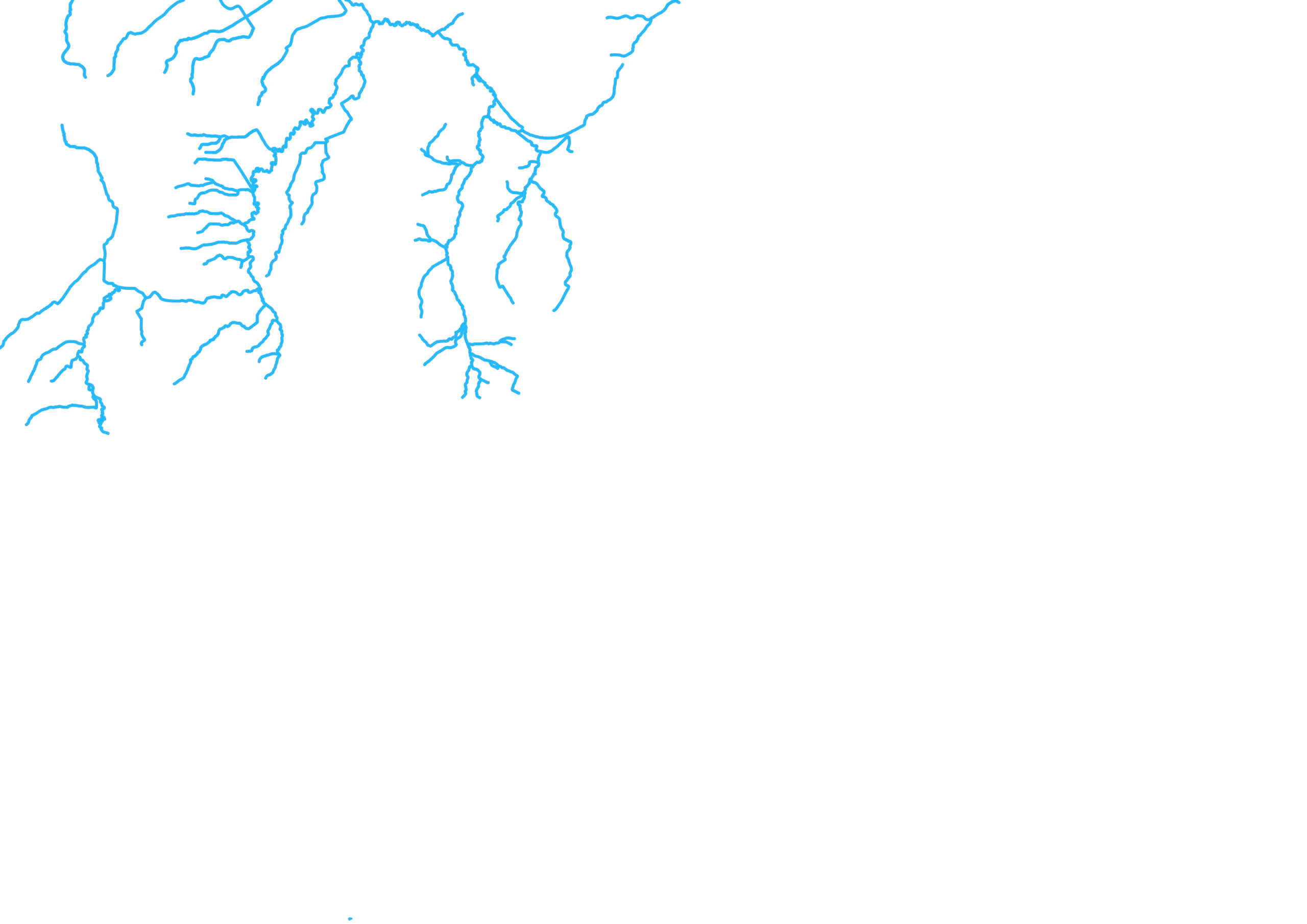
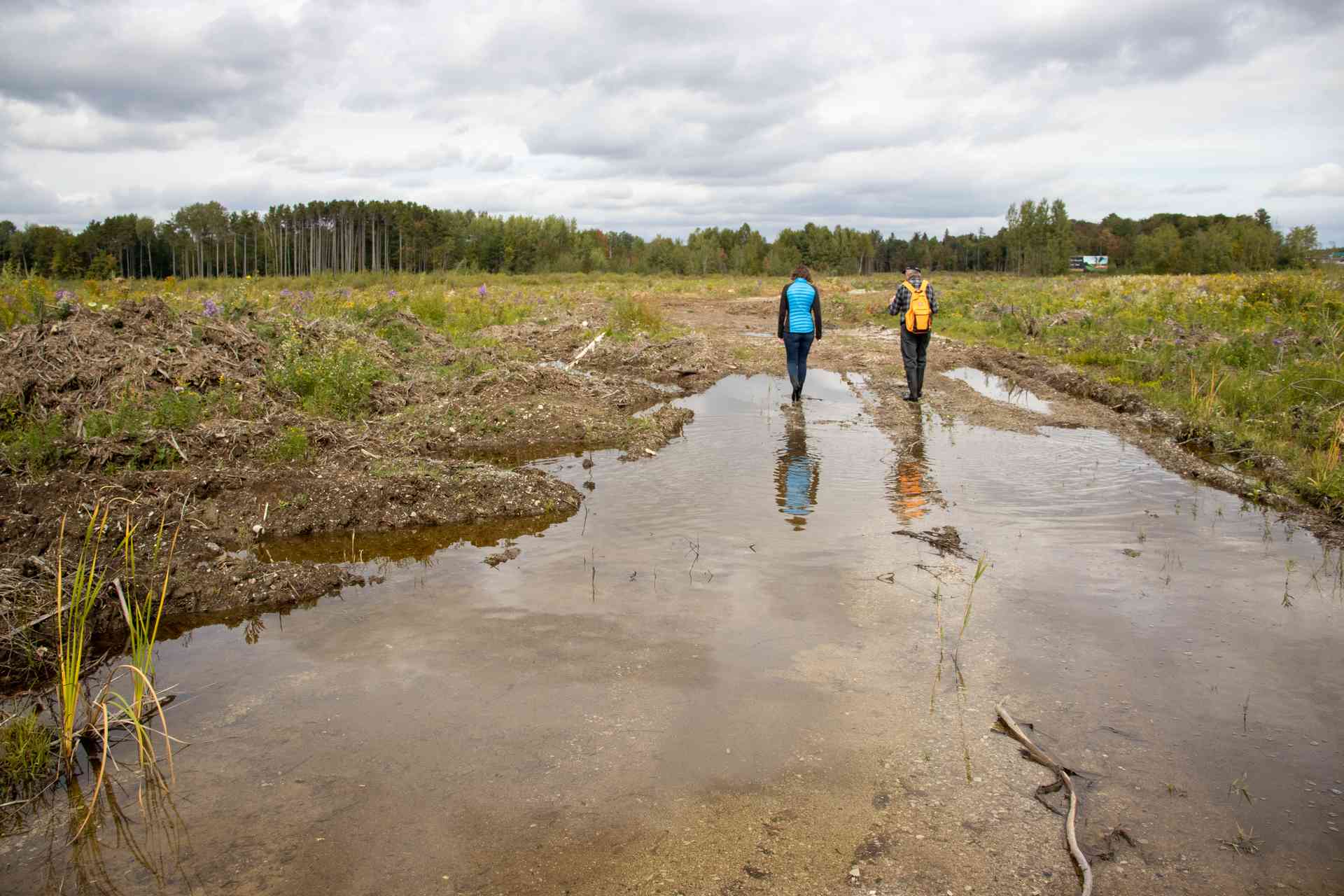
Margaret and Bob at the start of our walk into the wetland area that has been destroyed. Highway 11 is just to the right. The tree-line in the distance is the border between Orillia and Severn, with the Hawk Ridge Golf and Country Club just beyond.
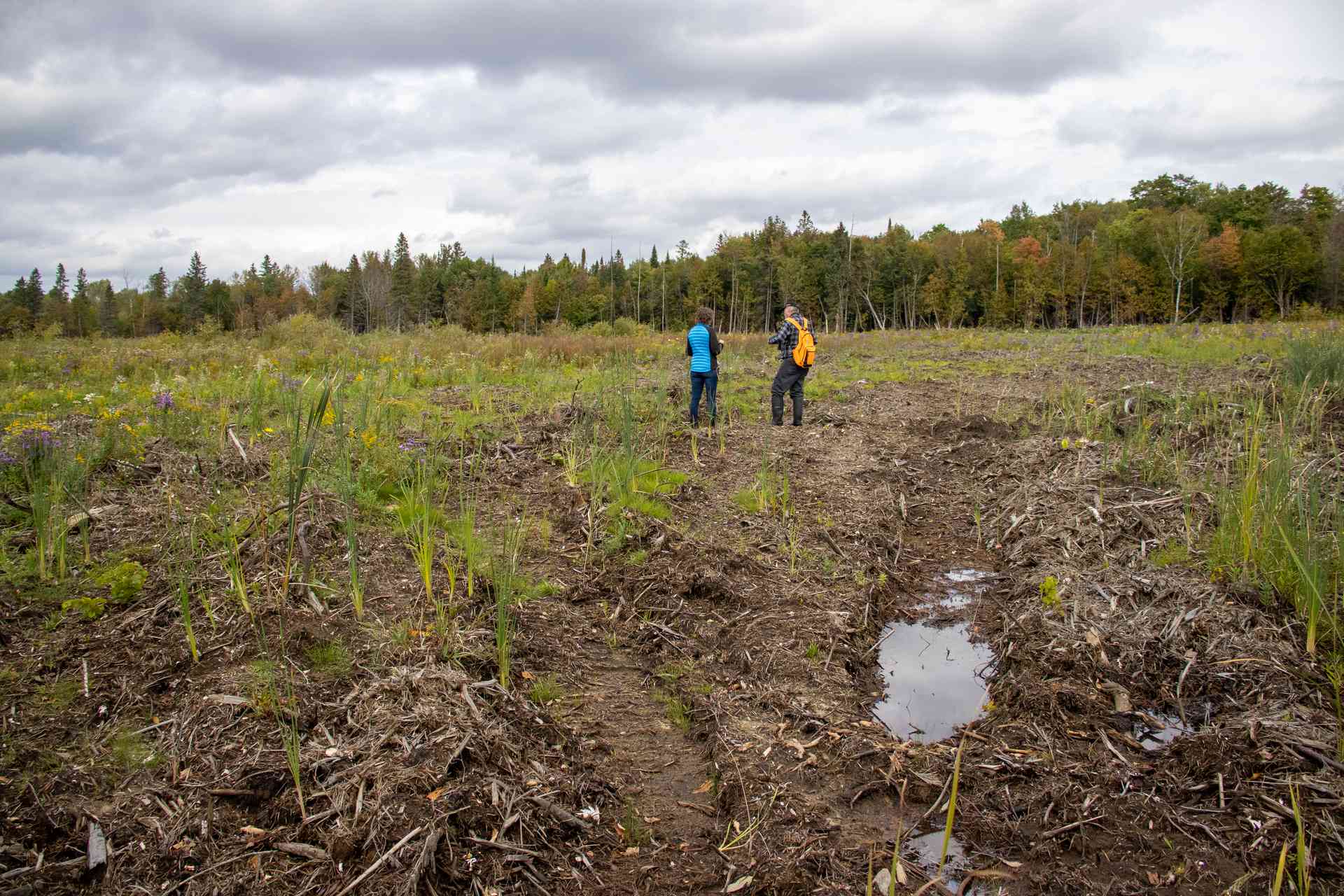
You can see how water-logged the area is as a former wetland. Many of the plants seen pushing up are suited to wetlands, including bullrushes.
The sad irony of developing in areas like this is they are prone to flooding, while wetlands, on the other hand, help to mitigate flooding.
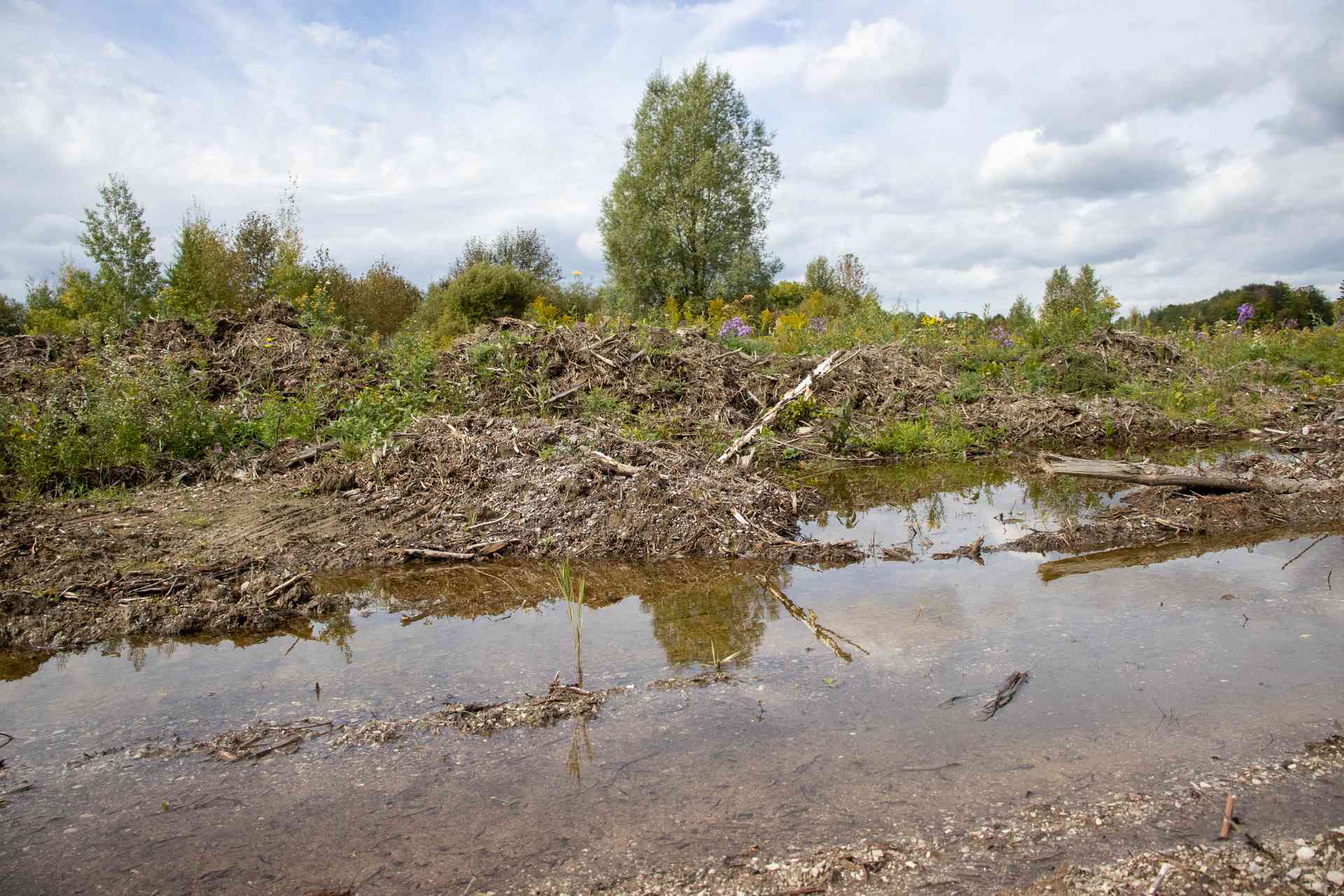
In addition to helping mitigate flooding, wetlands provide crucial habitat for wildlife, filter water, and sequester carbon, helping in the fight against climate change. They also form the ecological veins, a metaphor highlighted by the map previously, that bind ecosystems together.
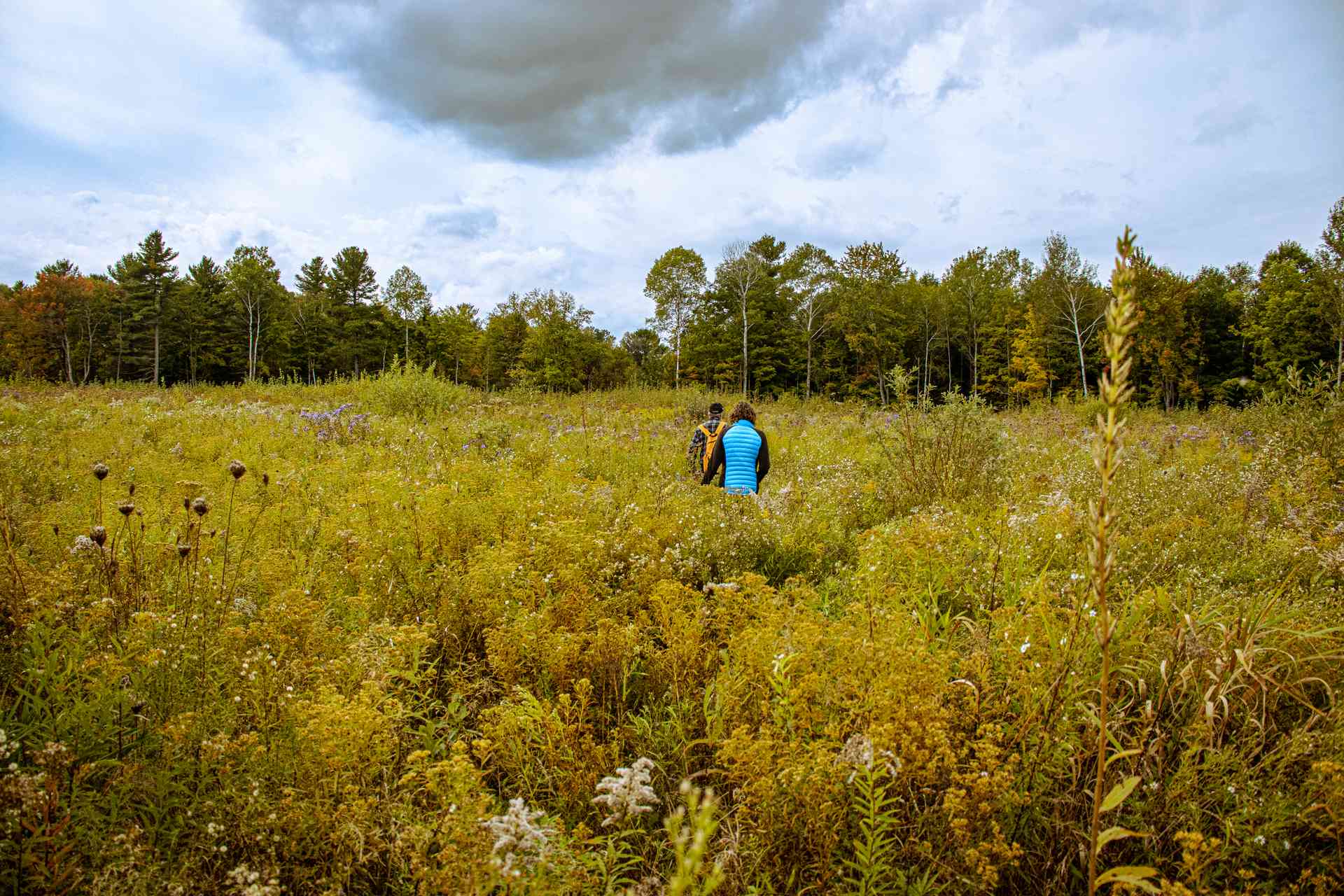
Much of the area has grown into the first stage of succession back to what it was, with goldenrod, asters, daisies, milkweed, and some of the largest thistles we’ve even seen.

A number of birds flew overhead and smaller ones perched on flower heads eating seeds.
At one point a flock of more than a hundred jays passed by. We recorded video of Bob explaining the unusual occurrence, which we’ve provided to our donors as a special thank you.
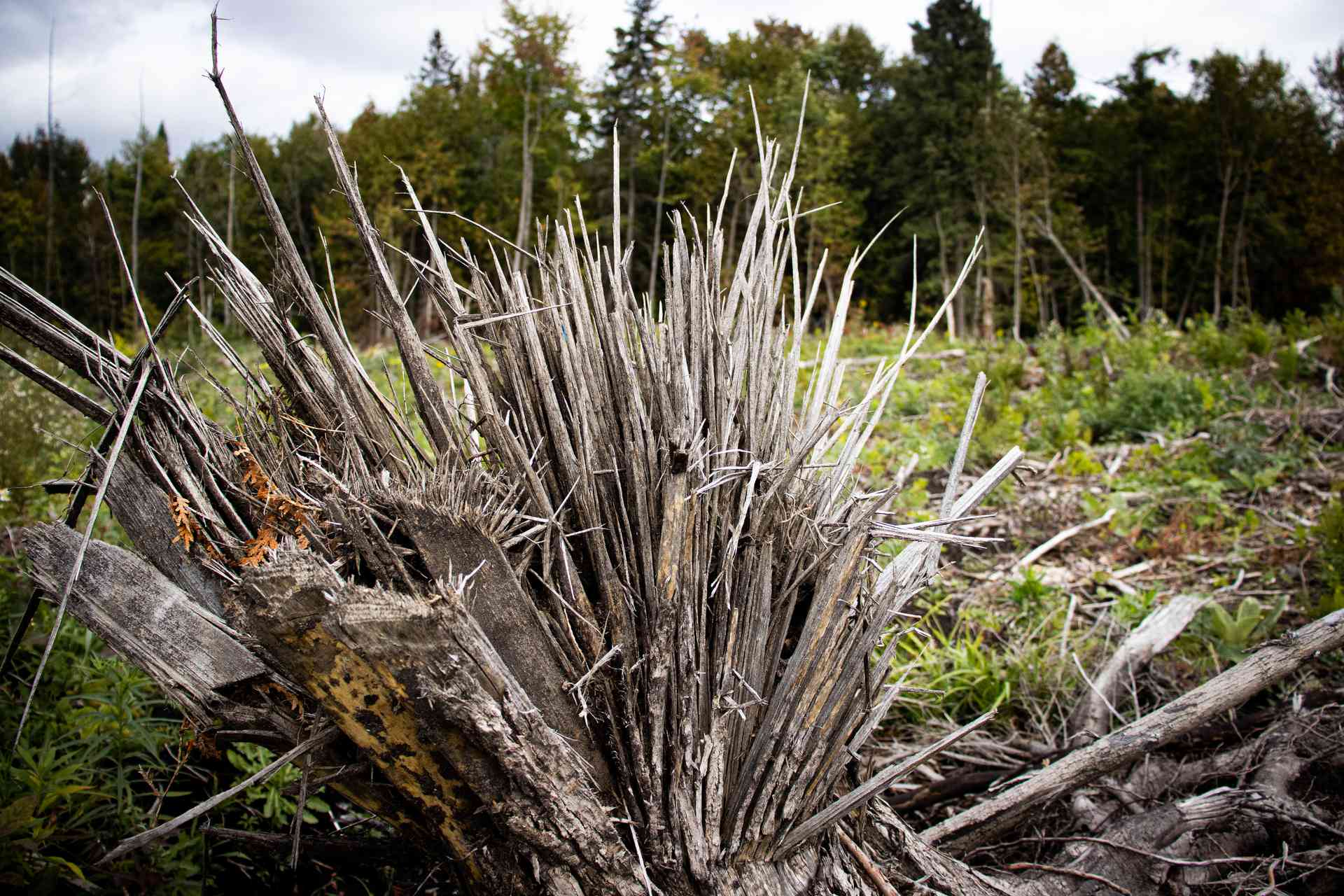
While the area was teeming with life, the damage – and the violence – of the ‘work’ that had been done was apparent. (Work usually denotes making something better, so it functions more effectively. This is not what has happened here.) Once this area has been paved, once houses, the roads, and the business park has been built, there will be little left of the natural life we saw.
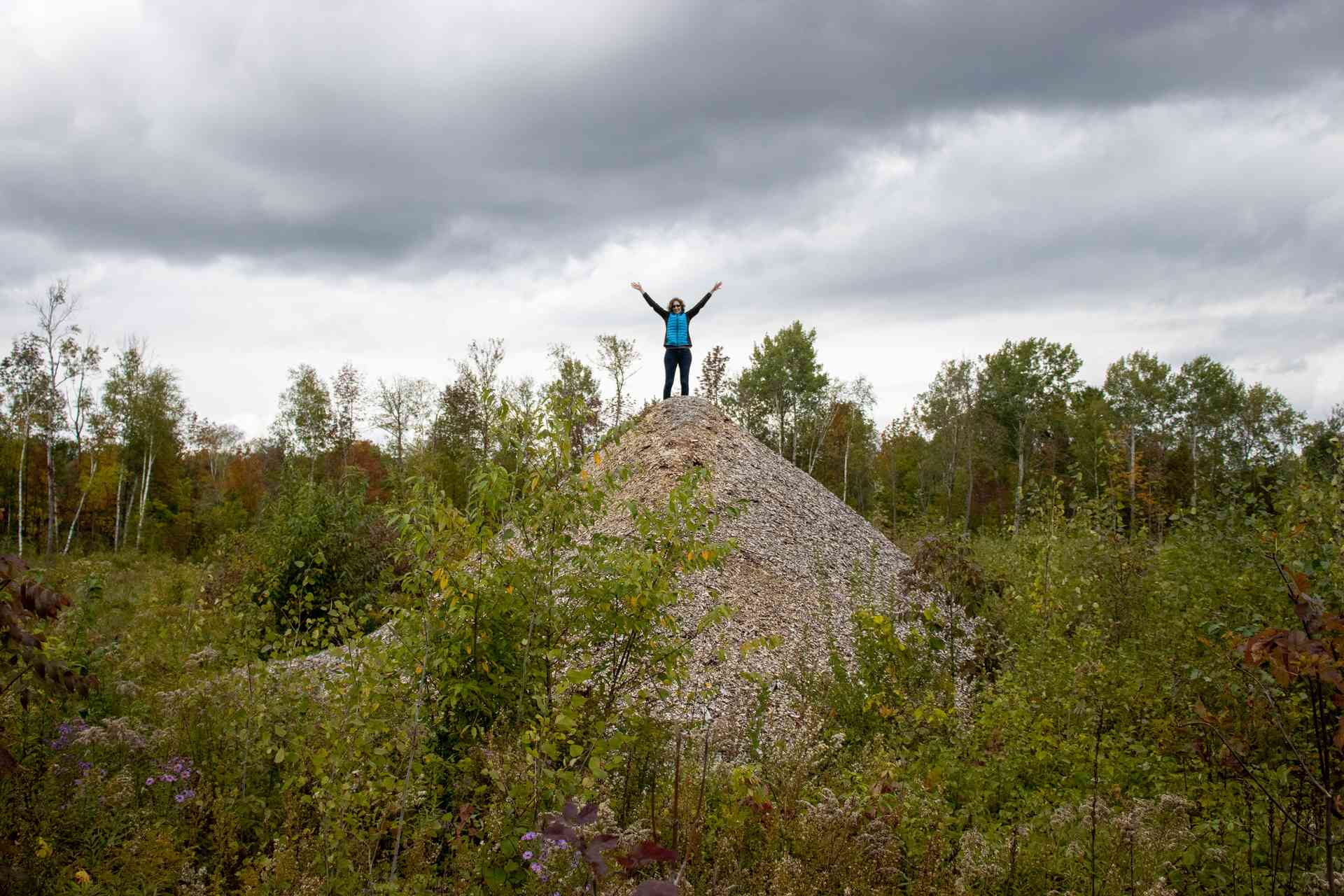
Mountains of wood chips left to rot.
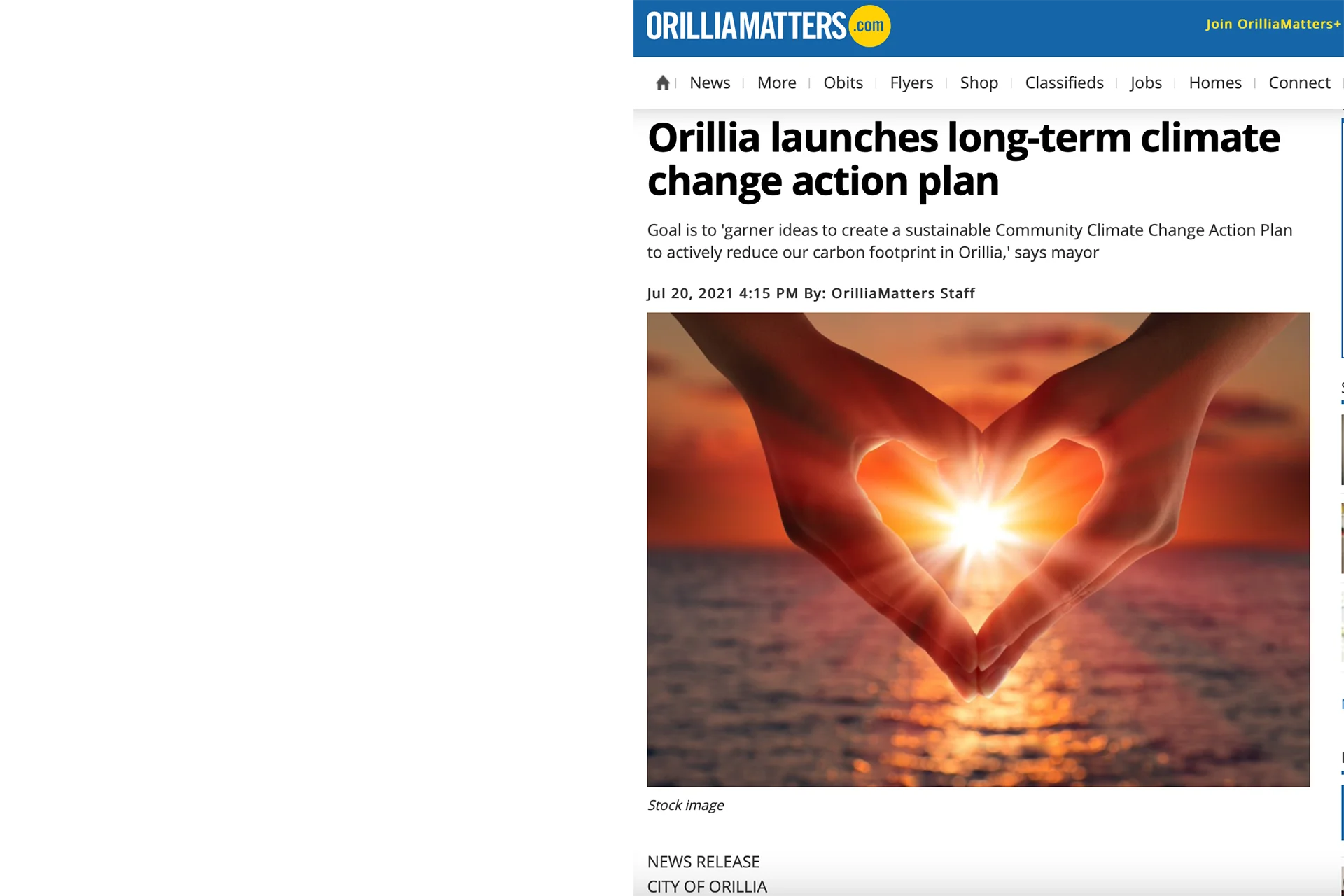
Returning to our topic of greenwashing, governments love to use long-term planning exercises because it means they don’t have to take immediate action and, all too often, aren’t accountable for the distant, usually failed, outcomes.
As we point out, time and time again, land-use planning, where and how we build our human environment, is central in whether we will be successful in combating climate change, or whether we fail.
Building communities that are more dense, that offer easily accessible transit and shops within walking distance, must occur before we destroy more natural area.
It is no longer okay to treat nature as if it doesn’t matter.
Community supported, advocacy for a safe and secure future.
Governments have failed to act to protect our communities and the futures of our children and grandchildren, and they continue to treat our environment as if it’s incidental to life, rather than a foundation for it.
We need strong community organizations to fight for our future, now more than ever.
Please consider donating to support our work. It’s people like you who make us possible.
Subscribe to Our Newsletter
We send out a once-monthly newsletter full of information on what’s happening in Simcoe County and beyond, including information on how you can take action to protect the health of your community.

